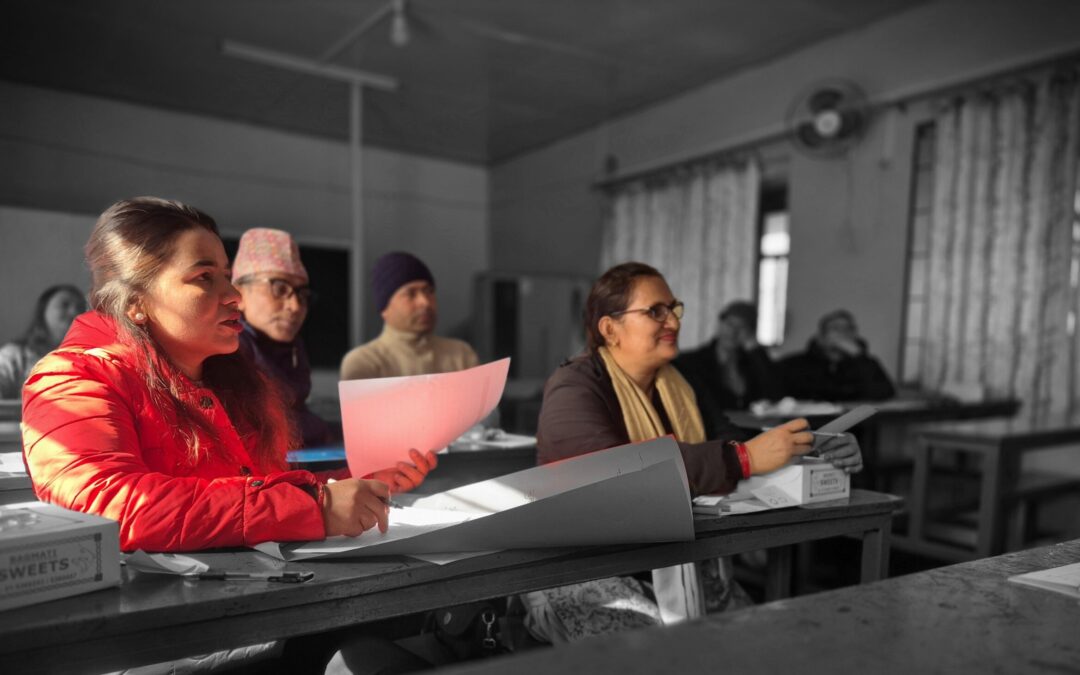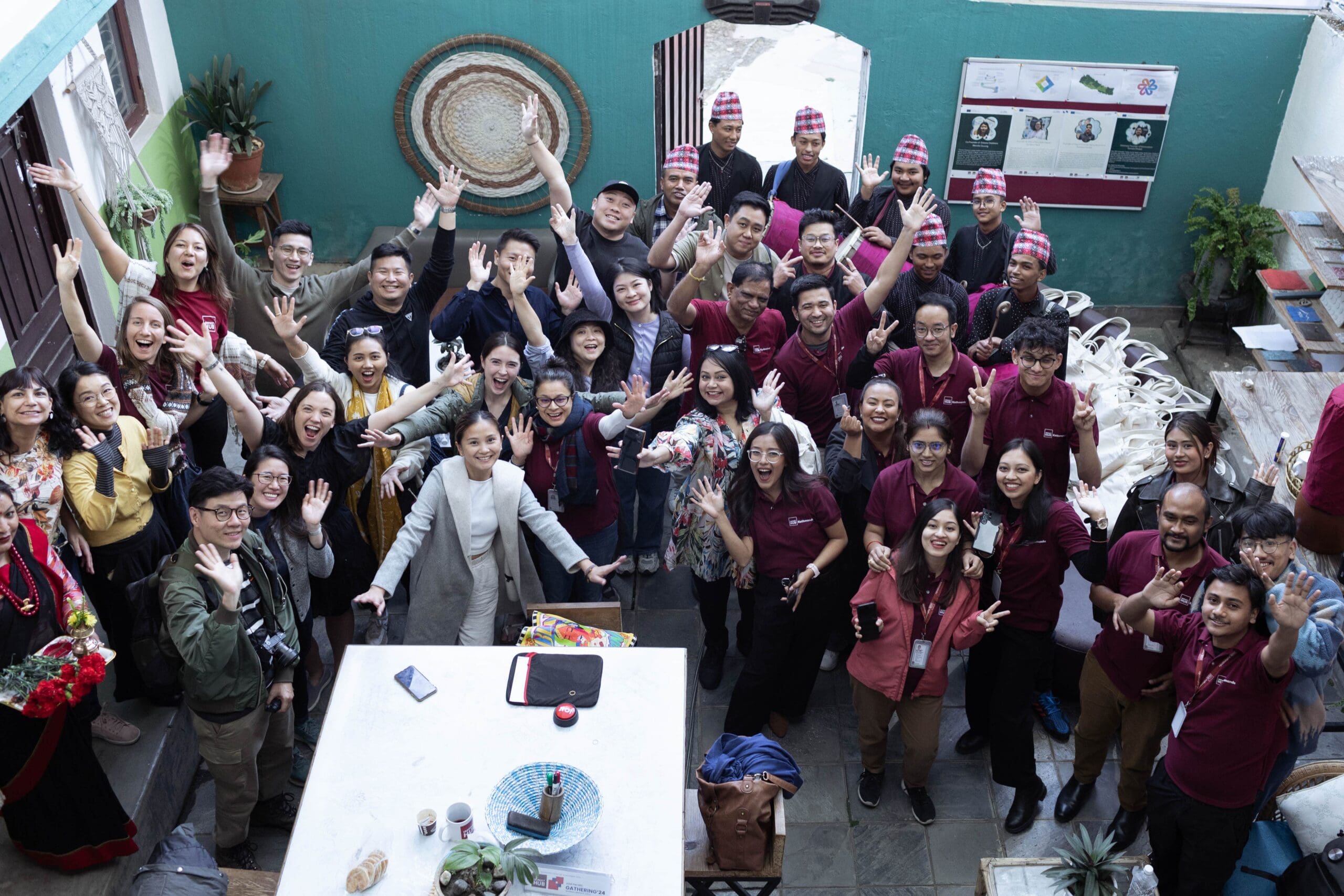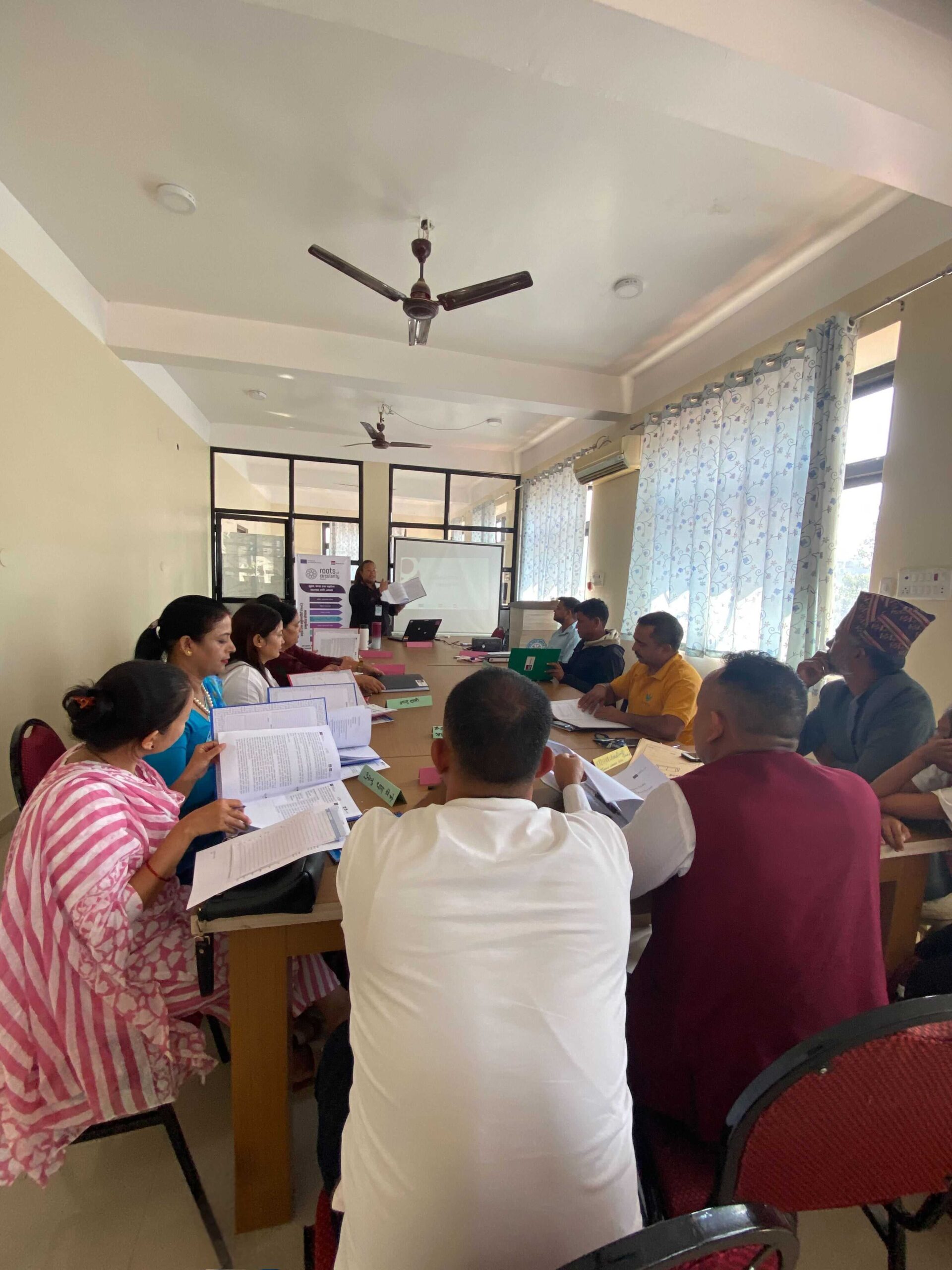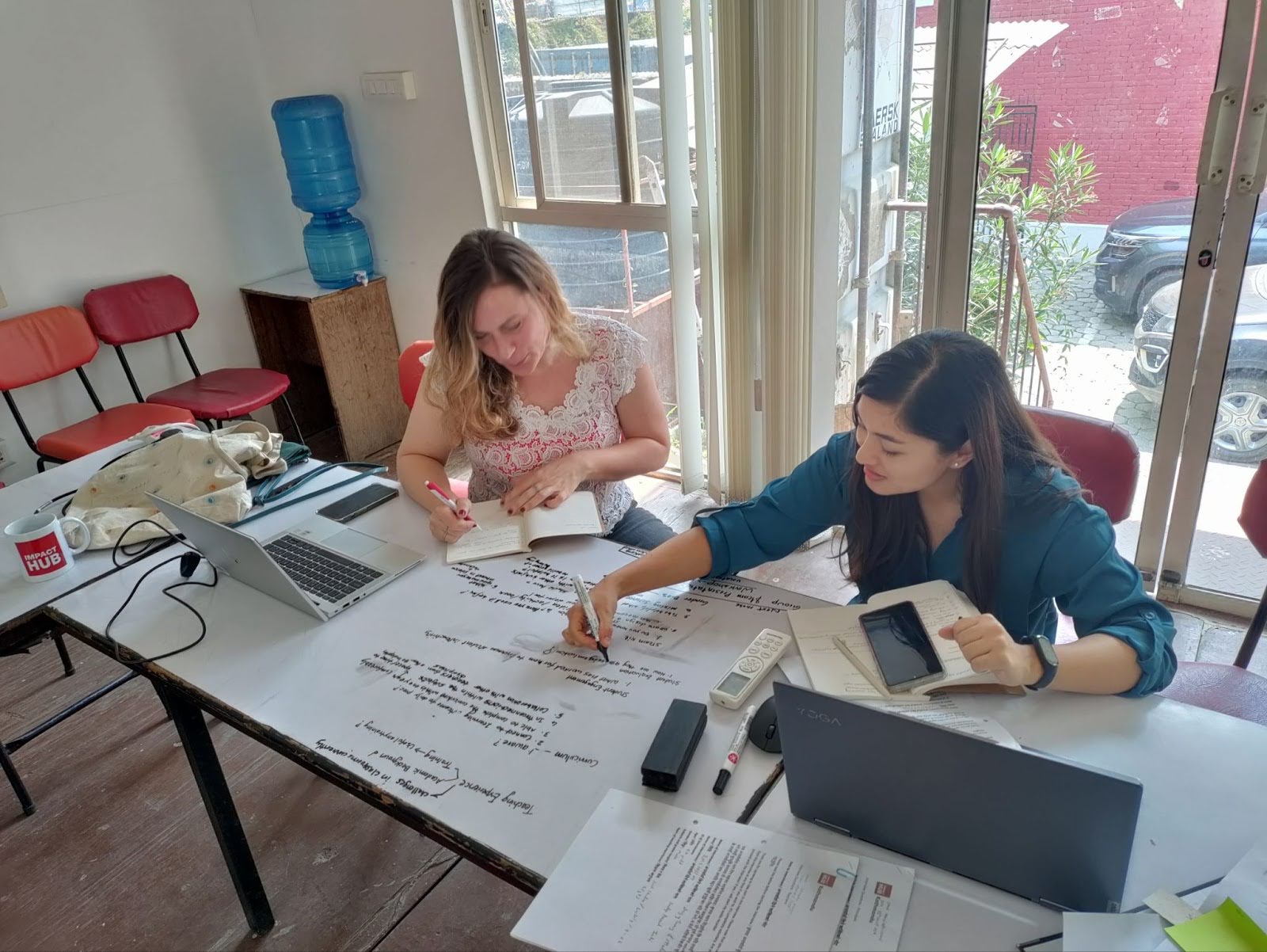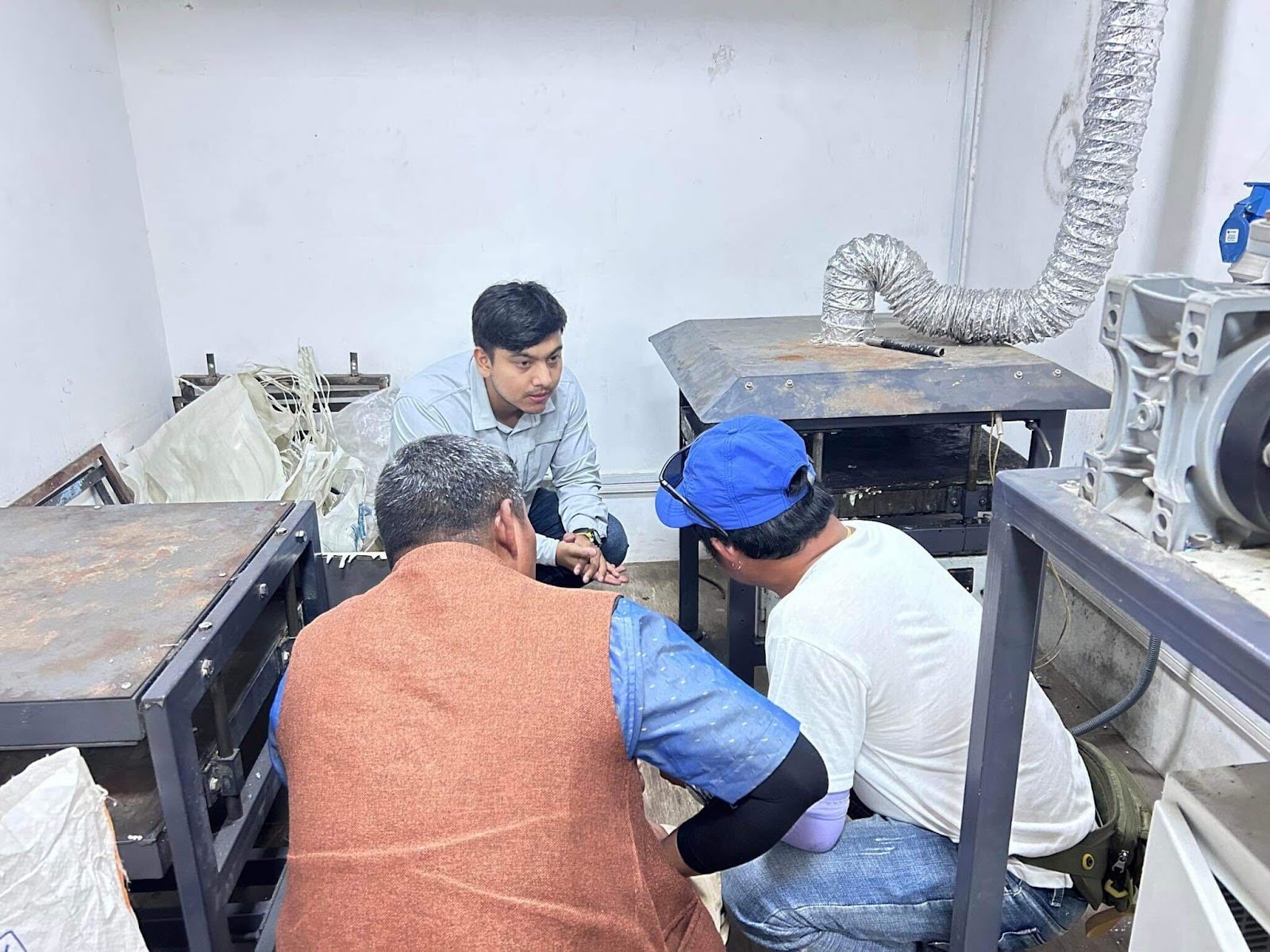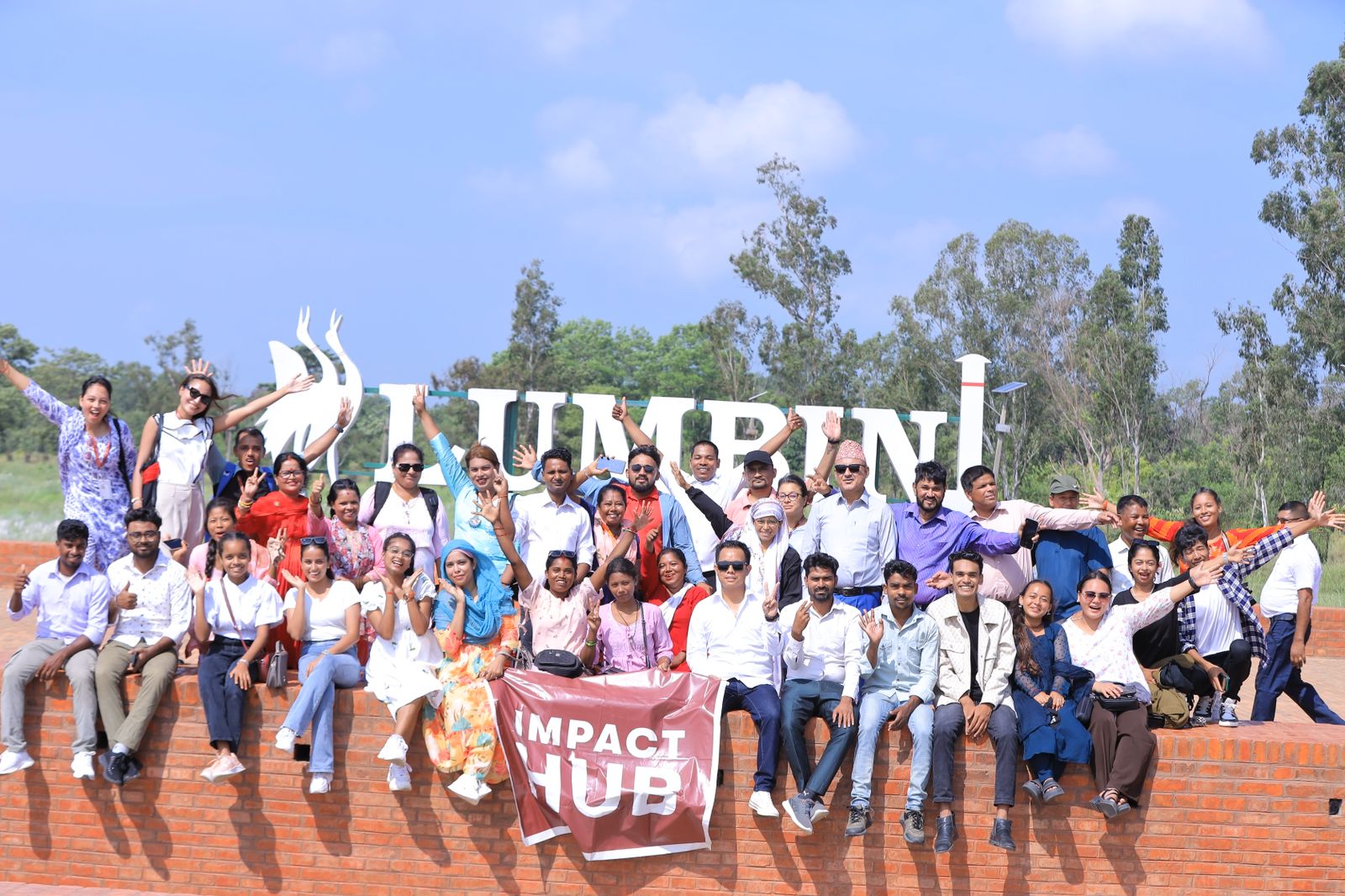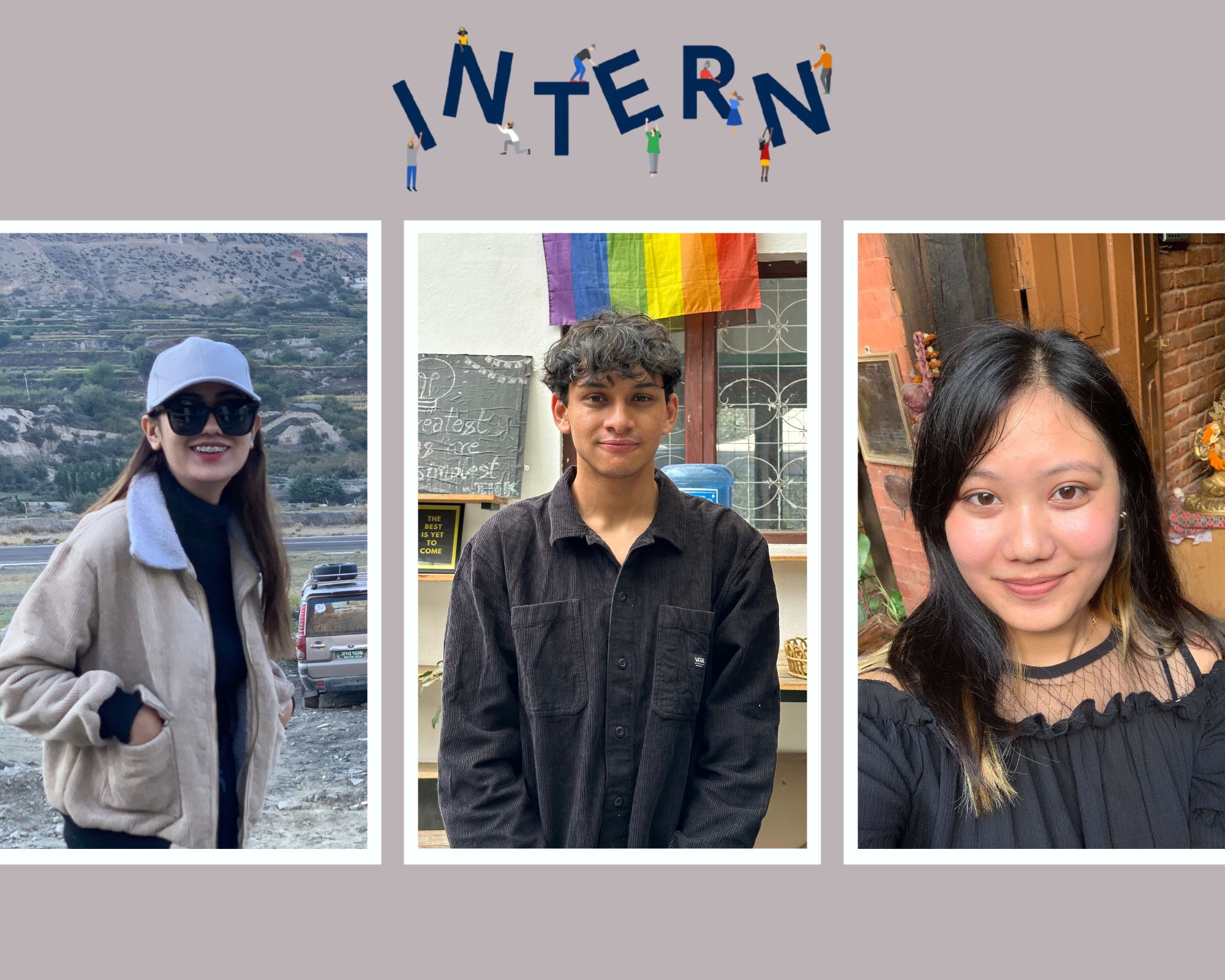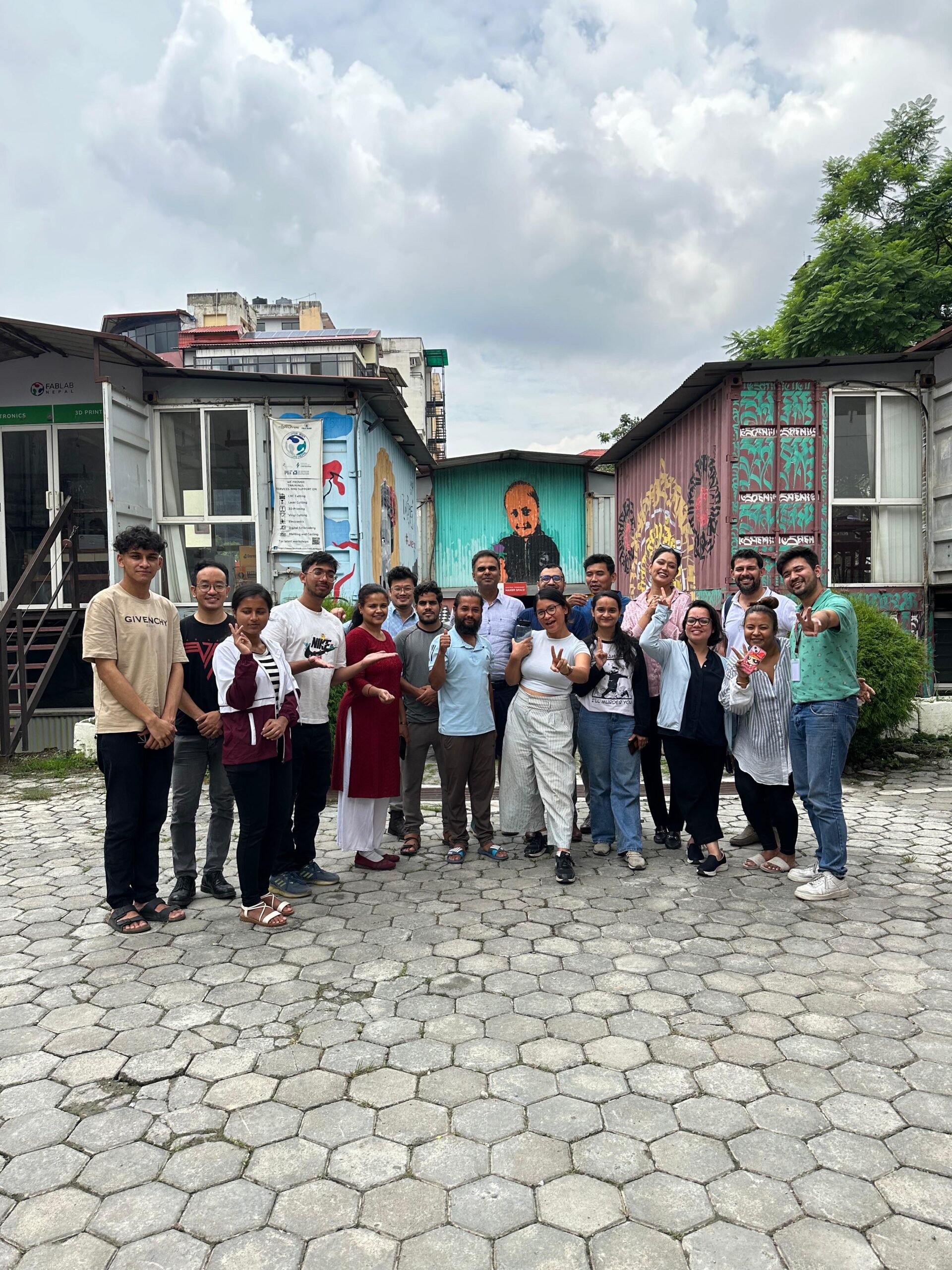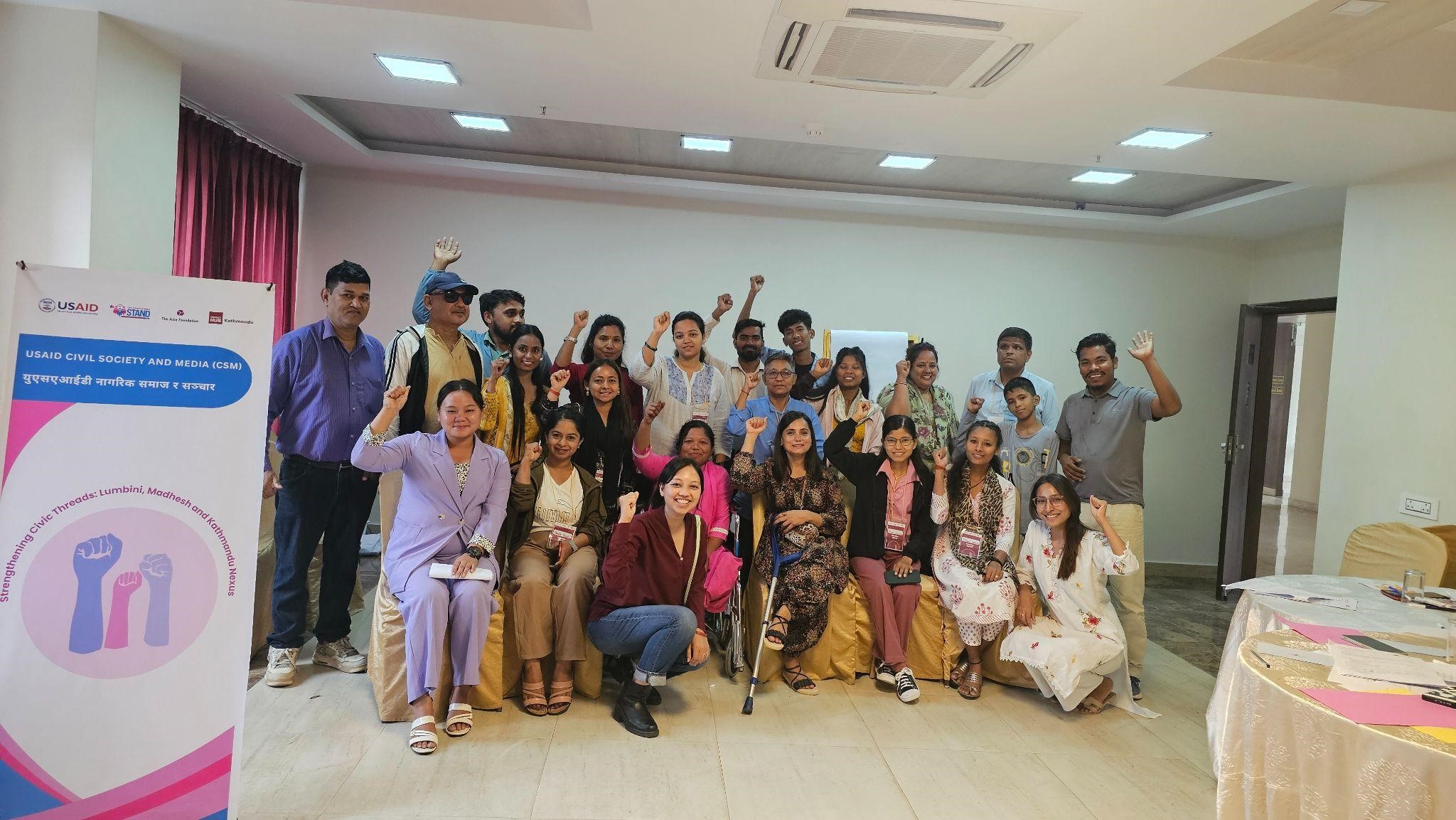Human-Centered Design Sprint: A Participatory Approach Driving Innovation and Collaboration
The three-day Human-Centered Design (HCD) Sprint provided a dynamic platform for aspiring entrepreneurs of Lumbini Cohort 1 to explore innovative solutions through user-focused methodologies. The HCD Sprint, part of the ROC Incubator Program emphasized empathy, creativity, and sustainability, equipping participants with the skills to develop impactful and market-ready business ideas. This session was facilitated by the HCD consultant Cue Studio | Utopia – Doma Tsering Tamang and Prasant Ghimire, with support from IHK Team – Rohan Shrestha, Keshav Dhakal, and Suresh Sapkota from 13-15 November 2024 at IHK Lumbini Incubator Space, BUCCI.



Day 1: Building Foundations with Empathy
The first day of the sprint, led by Tamang, set an engaging and collaborative tone. The session began with an introduction to the program’s objectives, fostering connections among incubatees and aligning expectations for the journey ahead.
She emphasized the essence of Human-Centered Design (HCD) — a problem-solving approach centered on understanding user needs and iterating solutions. Through interactive activities, participants were encouraged to think empathetically and reimagine traditional business practices with a circular economy mindset.
Ghimire complemented this by introducing the “How Might We?” (HMW) framework, a tool for reframing challenges into opportunities. Using real-world examples, such as repurposing banana fiber waste into sustainable textiles (one of our Lumbini Cohort 1 incubatees products), he encouraged participants to think creatively about addressing environmental and social issues. A lightning demo session showcased innovative products, motivating incubatees to brainstorm and sketch initial solutions.
Day 2: Prototyping and Storytelling
The second day built on the momentum with hands-on exercises. Ghimire guided participants in narrowing down ideas, selecting viable solutions, and creating quick prototypes for user testing. The iterative process ensured that solutions remained user-focused and adaptable.
In the afternoon, Tamang introduced the pitch framework and storyboarding techniques. Participants learned to craft compelling narratives around their circular solutions, using storyboards to map out user journeys. By combining personal stories with the “How Might We?” framework, incubatees connected their business ideas to real-world impacts. These sessions enabled participants to prepare persuasive and structured pitches, ready for presentation.
Day 3: Pitching with Confidence
The final day culminated in a pitch session where incubatees presented their ideas to a panel of judges, including Mukunda Gyawali, Corporate Trainer/Asst. Prof. at Lumbini Banijya Campus and Suresh Sapkota, Business Coach. Each participant showcased their product prototypes, explained the problem-solving approach (circular solutions), and articulated the value their solutions offered to the market.
Feedback from the judges provided valuable insights for refining the ideas further, reinforcing the importance of clear communication and market alignment. Judges’ feedback offered valuable insights for refining ideas, emphasizing the importance of clear communication and market alignment.
The HCD Sprint proved transformative for participants, achieving several innovative solutions:
- Enhanced Business Ideas: Incubatees developed stronger, more market-focused solutions rooted in empathy and sustainability.
- Practical Prototyping Skills: Hands-on experience in creating prototypes enabled participants to visualize and test their ideas effectively.
- Improved Pitching Confidence: Structured guidance and practice boosted participants’ ability to present their solutions persuasively.
- Stronger Community Connections: The event fostered collaboration among entrepreneurs, strengthening the regional business ecosystem.
Looking Ahead
Over three days, the HCD Sprint not only empowered our incubatees with tools and techniques but also inspired a culture of innovation and collaboration in Lumbini Province. As participants continue to refine their ideas, the skills and insights gained from this program will serve as a solid foundation for their entrepreneurial journey, driving sustainable and impactful change in their communities.
Masterclass 2: Circular Finance



On December 19, 2024, Impact Hub Kathmandu (IHK) conducted the second Masterclass under Roots of Circularity (RoC) Incubator Program for the Lumbini Cohort 1 at the IHK Lumbini Incubator Space, BUCCI. The session, titled Circular Finance, aimed to equip incubatees with the knowledge and tools necessary to align financial strategies with the principles of circularity and circular solutions. The session, titled ‘Circular Finance,’ aimed to equip incubatees with the knowledge and tools to align their financial strategies with the principles of circularity.
Understanding Circular Finance
The session commenced with an introduction by Aarati Shrestha, Deputy/Finance Director at IHK, who outlined the agenda and contextualized the importance of circular finance. She emphasized how this financial model supports the objectives of circular solutions, enabling sustainable and regenerative business practices.
Suresh Sapkota, Business Coach for the Lumbini Cohort, provided localized insights into circular finance, making the concept more accessible and relevant for the participants.
World Café Discussions
To foster engagement, the incubatees participated in a collaborative activity titled “World Café Discussions,” brainstorming around three key questions:
- Why is financing a circular business challenging?
Participants explored barriers such as a lack of understanding among investors, higher upfront costs, and long-term return horizons. - What are the different circular business models?
Discussions highlighted models like product-as-a-service, resource recovery, and sharing platforms as viable approaches to achieving circularity. - What circular solutions would you adopt or consider for your business?
Ideas ranged from upcycling waste to integrating renewable energy solutions and resource-efficient production methods.
These discussions provided a platform for exchanging ideas and identifying practical approaches to overcome financial and operational challenges in circular businesses.
Pre-Seed Funding Insights
Rohan Shrestha, Program Officer at IHK, led a detailed session on the prerequisites for acquiring pre-seed funding. He covered eligibility principles, allowable activities, and terms and conditions, providing clarity to the participants.
To deepen the incubatees’ understanding, Suresh Sapkota and Keshav Dhakal, guided them in identifying areas where the funding could be strategically invested to maximize impact.
Aarati Joshi, Deputy/Finance Director, offered practical advice on navigating funding conditions and resolving queries. Her guidance ensured participants were equipped to plan their financial strategies effectively and align them with circular solutions.
Contractual Agreements
The session concluded with Rohan Shrestha sharing the details of the contractual agreement for the RoC Incubator Program. He outlined the required documents and steps for submission, ensuring participants were prepared to move forward in the program seamlessly.
The masterclass successfully provided incubatees with actionable insights to incorporate financial sustainability into their circular business models. Key takeaways included:
- Enhanced Understanding of Circular Finance: Participants grasped the principles of financing businesses focused on sustainability and regeneration.
- Practical Strategies for Funding Utilization: Guided exercises helped incubatees align funding plans with impactful circular solutions.
- Strengthened Cohort Collaboration: Interactive discussions facilitated peer learning and the exchange of innovative ideas.
Through this session, the incubatees of Lumbini Cohort 1 are better prepared to address the financial challenges of building sustainable enterprises.


